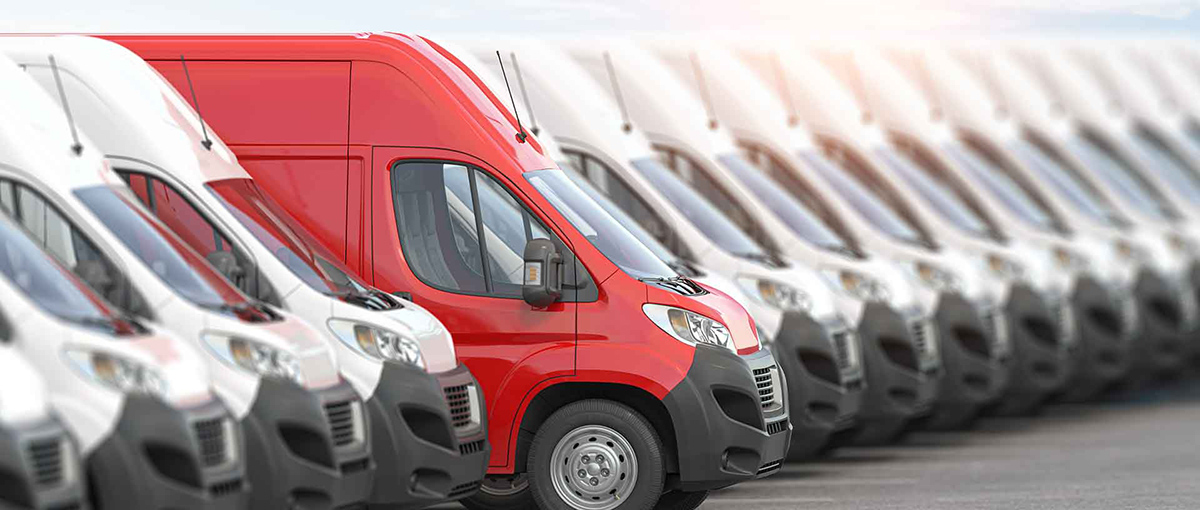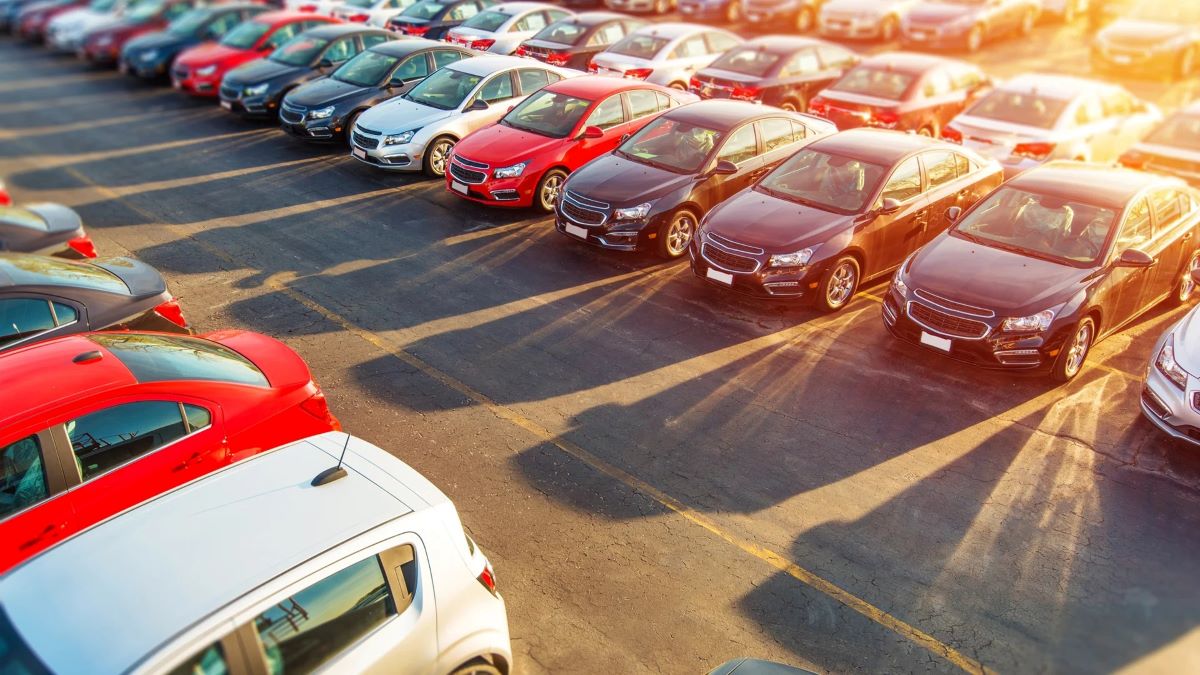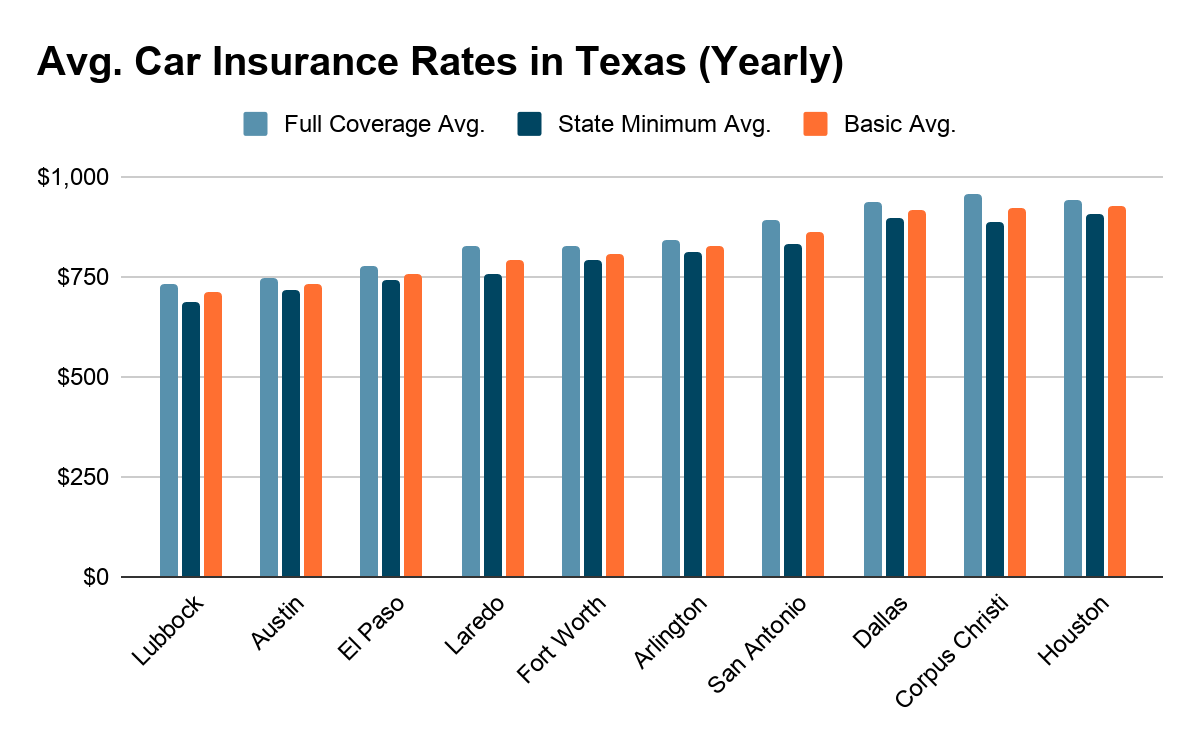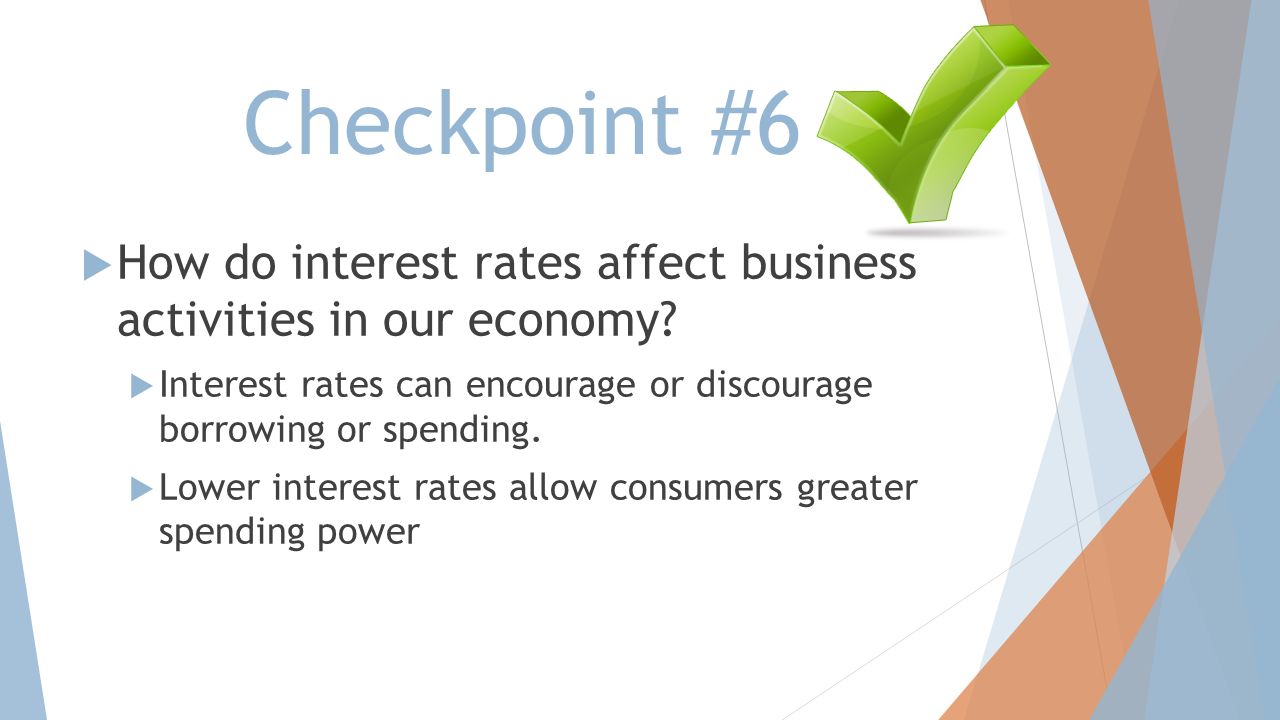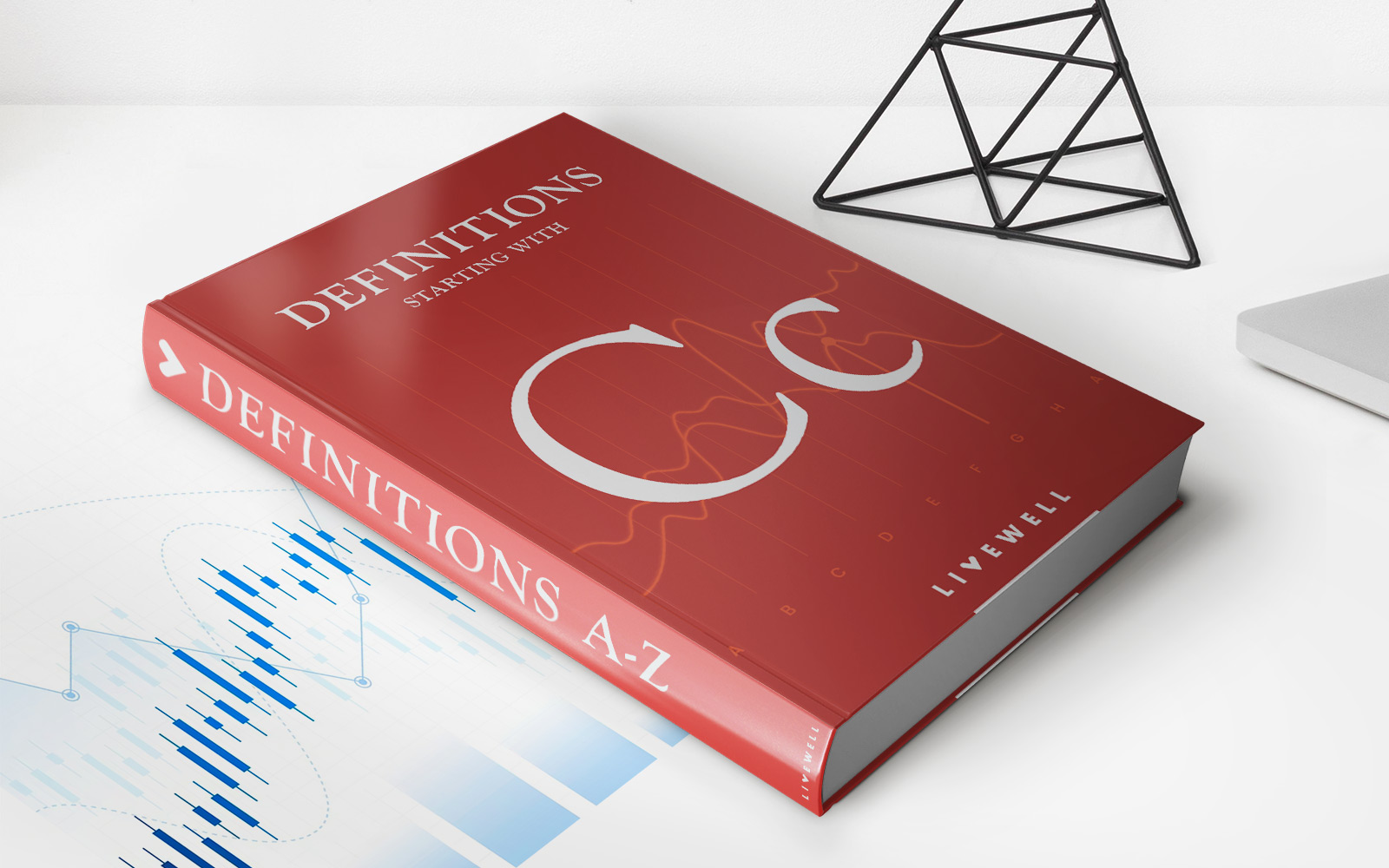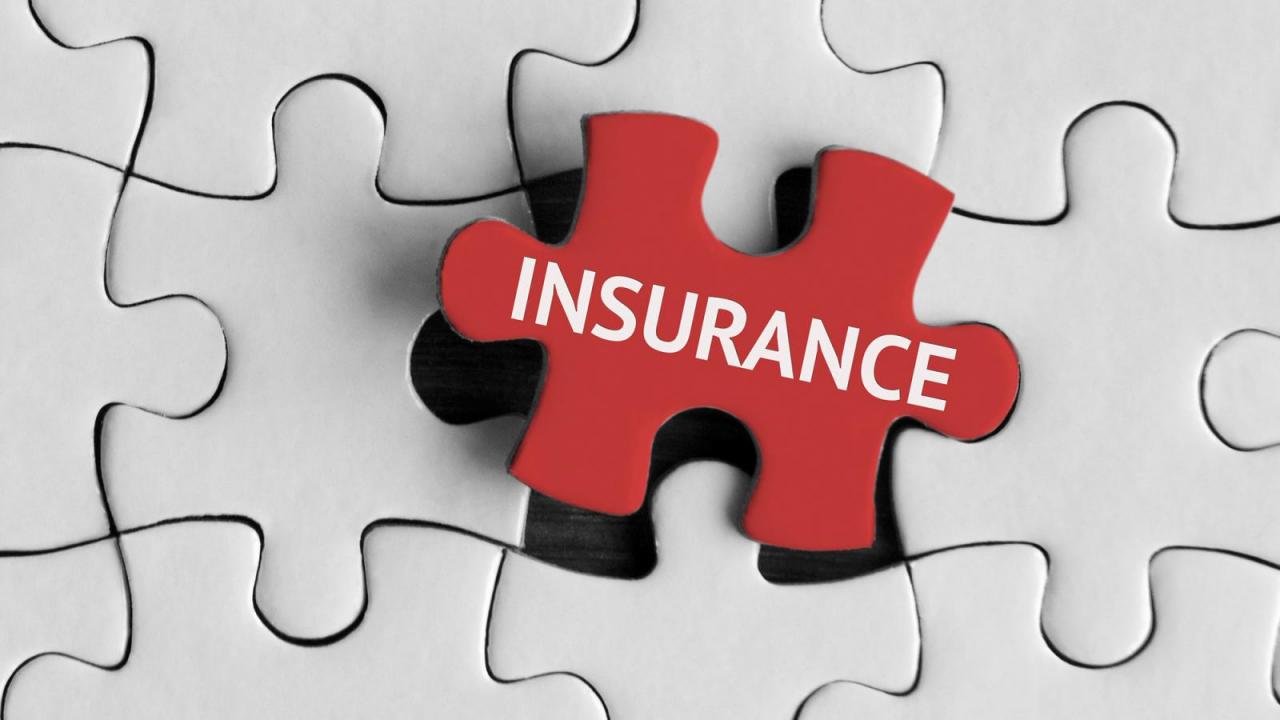

Finance
How Much More Is Commercial Auto Insurance?
Modified: December 29, 2023
Looking for commercial auto insurance? Find out how much more you'll need to budget for this essential finance expense.
(Many of the links in this article redirect to a specific reviewed product. Your purchase of these products through affiliate links helps to generate commission for LiveWell, at no extra cost. Learn more)
Table of Contents
Introduction
When it comes to operating a business, there are numerous factors that need to be considered, and one important aspect is commercial auto insurance. Whether you have a small fleet of vehicles or a large delivery operation, having the right insurance coverage is crucial to protect your business and assets.
Commercial auto insurance is specifically designed to provide coverage for vehicles used for business purposes, such as company cars, trucks, vans, or even personal vehicles used for business errands. It offers protection in case of accidents, property damage, or bodily injury that may occur while conducting business activities.
Unlike personal auto insurance, which covers individual drivers for personal use, commercial auto insurance takes into account the specific risks and liabilities associated with business vehicle use. It provides coverage not only for the vehicle but also for the goods being transported and any potential liability that may arise from the use of the vehicle for business purposes.
Understanding the various aspects of commercial auto insurance is essential when it comes to making informed decisions about coverage. In this article, we will delve into the factors that affect commercial auto insurance rates, the types of coverage available, the average cost of commercial auto insurance, and essential factors to consider when obtaining a commercial auto insurance policy.
Additionally, we will provide some valuable tips on how to save money on your commercial auto insurance premiums without sacrificing necessary coverage. By the end of this article, you will have a comprehensive understanding of commercial auto insurance and be equipped to make informed decisions that protect your business and financial interests.
Factors Affecting Commercial Auto Insurance Rates
When it comes to determining the cost of commercial auto insurance, several factors come into play. Insurance companies evaluate these factors to assess the level of risk involved in insuring your business vehicles. Understanding these factors can help you make informed decisions and potentially lower your insurance premiums. Here are some key factors that can affect commercial auto insurance rates:
- Driving Records: The driving records of your employees who will be operating the business vehicles are crucial. Insurers will consider the number of tickets, citations, accidents, or DUI charges the drivers have on their records. Clean driving records can help lower your insurance rates.
- Vehicle Type and Use: The type of vehicle you have and its intended use impact the insurance rates. Factors such as the vehicle’s age, make, model, weight, and if it is used for delivery, transportation, or hauling will be considered. Typically, more expensive vehicles or those used for heavy-duty purposes may have higher insurance premiums.
- Business Location: The location of your business can affect insurance rates. Urban areas with higher traffic and crime rates might have higher premiums compared to rural areas.
- Business Industry: The type of business you are in can also impact commercial auto insurance rates. Industries that involve higher risks or specialized operations may face higher premiums. For example, a construction company with heavy machinery or a food delivery service may have higher insurance costs compared to a consulting firm.
- Vehicle Safety Features: Safety features installed in your business vehicles can help lower insurance premiums. Anti-theft devices, airbags, traction control, and rearview cameras are examples of safety features that can reduce the risk of accidents or theft.
- Coverage Limits: The coverage limits you choose for your commercial auto insurance policy will affect the rates. Higher coverage limits provide more protection but may come with higher premiums.
- Claims History: Your business’s claims history plays a significant role in determining insurance rates. If your business has a history of filing frequent claims or involvement in accidents, it may lead to higher premiums. Insurance companies view this as an indicator of increased risk.
It’s important to note that each insurer may weigh these factors differently when determining insurance rates. It’s advisable to shop around and request quotes from multiple insurance providers to ensure you get the best coverage at the most competitive rate for your business’s specific needs.
Types of Coverage Available
Commercial auto insurance offers various types of coverage to protect your business vehicles, employees, and assets. It’s essential to understand the different coverage options available so that you can tailor your insurance policy to meet your specific needs. Here are some common types of coverage offered in commercial auto insurance:
- Liability Coverage: This is the most basic and essential coverage that protects your business from claims arising from property damage or bodily injury caused by an accident involving your commercial vehicle. Liability coverage typically includes both bodily injury liability and property damage liability.
- Collision Coverage: Collision coverage provides protection for damages to your business vehicle resulting from a collision with another vehicle or object. This coverage is essential, especially if your business vehicle is newer or of high value. It typically requires you to pay a deductible before the coverage kicks in.
- Comprehensive Coverage: Comprehensive coverage protects your business vehicle from non-collision-related damages, such as theft, vandalism, fire, or natural disasters. It provides coverage for a wide range of incidents that can damage or destroy your vehicle.
- Uninsured/Underinsured Motorist Coverage: This coverage comes into play if your business vehicle is involved in an accident with a driver who either doesn’t have insurance or doesn’t have enough coverage to fully compensate for the damages. It helps cover medical expenses, property damage, and lost wages for you and your employees.
- Medical Payments Coverage: Medical payments coverage, also known as MedPay, covers medical expenses for you and your passengers resulting from an accident, regardless of who is at fault. This coverage can help alleviate the financial burden of medical bills and related expenses.
- Additional Coverage Options: Depending on your business’s specific needs, you may also consider additional coverage options. These can include coverage for hired or non-owned vehicles, which provides liability protection when your employees use their personal vehicles for business purposes.
It’s important to carefully assess your business’s requirements and potential risks when choosing the types of coverage to include in your commercial auto insurance policy. Working with an experienced insurance agent can help guide you through the process and ensure that you have adequate coverage.
Average Cost of Commercial Auto Insurance
The cost of commercial auto insurance can vary significantly depending on several factors, including the size and type of your business, the number of vehicles you have, the industry you operate in, and the coverage limits you choose. While it’s challenging to provide an exact average cost due to the unique nature of each business, we can explore some general cost considerations.
On average, small businesses can expect to pay between $1,000 and $3,000 per vehicle per year for commercial auto insurance. This estimate serves as a general guideline, but it’s important to remember that your actual premium may be higher or lower based on your specific circumstances.
For businesses with multiple vehicles or larger fleets, the cost per vehicle can decrease. Insurance providers often provide discounts for insuring multiple vehicles, as they consider the lower risk associated with larger fleets.
The industry you operate in can also impact the cost of commercial auto insurance. Some industries, such as construction or trucking, inherently carry higher risk due to the nature of their operations and the frequency of vehicle use. As a result, these industries may experience higher insurance premiums.
The coverage limits you choose will also influence the cost of your policy. Higher coverage limits provide more protection but come with higher premiums. It’s important to strike a balance between adequate coverage and affordability.
Keep in mind that these figures are provided as estimates and can vary based on several factors specific to your business. It’s recommended to obtain quotes from multiple insurance providers and consult with an experienced insurance agent who specializes in commercial auto insurance to get a more accurate estimate tailored to your unique circumstances.
Factors to Consider When Getting Commercial Auto Insurance
Choosing the right commercial auto insurance policy for your business requires careful consideration of several important factors. Taking the time to evaluate these factors will help ensure that you obtain the appropriate coverage that meets your specific needs. Here are some key factors to consider when getting commercial auto insurance:
- Coverage Needs: Assess your business’s unique needs and risks. Consider the type and number of vehicles you have, the industry you operate in, and the types of coverage required to adequately protect your business and its assets.
- Insurance Company Reputation: Research and review the reputation and financial stability of insurance companies you are considering. Look for customer reviews, ratings, and industry rankings to assess their reliability and customer service record.
- Claims Process: Understand the claims process of insurance providers. A smooth and efficient claims process is crucial when you need to file a claim. Read reviews and ask for recommendations to gauge the experiences of other policyholders.
- Deductibles: Evaluate the deductibles associated with the insurance policies you are considering. A higher deductible means you will pay more out-of-pocket in the event of a claim, but it can lower your insurance premiums. Choose a deductible that aligns with your risk tolerance and budget.
- Insurance Discounts: Inquire about available insurance discounts. Insurance providers often offer various discounts based on factors such as safe driving records, anti-theft devices, driver training programs, and bundled policies. Taking advantage of these discounts can help lower your insurance premiums.
- Insurance Coverage Limits: Determine the appropriate coverage limits for your business. Consider your business’s assets, potential liabilities, and the expenses you would be able to cover in the event of an accident or lawsuit. Adequate coverage limits protect your business from financial hardships.
- Additional Coverages: Determine if your business needs additional coverage options beyond the basic liability coverage. Consider options like uninsured/underinsured motorist coverage, comprehensive coverage, or coverage for hired and non-owned vehicles, depending on your specific needs.
- Different Quotes: Obtain multiple quotes from different insurance providers. Comparing quotes can help you identify the best coverage options at the most competitive rates. Be sure to provide accurate and consistent information to ensure accurate comparisons.
Keep in mind that commercial auto insurance is not a one-size-fits-all solution. Each business has unique needs and risks, and it’s important to work with an experienced insurance agent who can help tailor a policy that aligns with your specific requirements.
Tips for Saving Money on Commercial Auto Insurance
Commercial auto insurance premiums can be a significant expense for businesses, but there are several strategies you can employ to save money while maintaining adequate coverage. Here are some valuable tips to help you reduce your commercial auto insurance costs:
- Shop Around: Obtain quotes from multiple insurance providers to compare rates and coverage. Each provider may use different criteria to assess risk and determine premiums, so exploring your options is essential.
- Maintain a Good Driving Record: Encourage your employees to practice safe driving habits and maintain clean driving records. Insurance companies often offer discounts for drivers with a history of safe driving.
- Implement Safety Measures: Install safety features such as anti-theft devices, GPS tracking systems, and driver monitoring systems in your business vehicles. These measures can help reduce the risk of accidents or theft, thus lowering your insurance premiums.
- Group Policies: If you have multiple vehicles, consider insuring them under a single policy. Insurance providers frequently offer discounts for insuring multiple vehicles or bundling different types of insurance policies.
- Driver Training Programs: Enroll your drivers in defensive driving or driver training programs. Some insurance companies provide discounts for drivers who have completed approved training programs.
- Raise Deductibles: Increasing your deductibles can lower your insurance premiums. However, be sure to choose deductibles that you can comfortably afford to pay out-of-pocket in the event of a claim.
- Review Coverage Regularly: Evaluate your coverage needs periodically. As your business grows and changes, your coverage requirements may evolve. Adjusting your coverage limits accordingly can help ensure you’re not paying for unnecessary coverage.
- Manage Claims Carefully: Try to minimize the number of claims you file, especially for minor accidents or damages that can be easily covered out-of-pocket. Frequent claims can result in higher premiums and potential policy non-renewal.
- Consider Usage-Based Insurance: Some insurance companies offer usage-based insurance policies where premiums are based on the actual driving behavior and mileage of your vehicles. If your business has low mileage or excellent driving records, this option could lead to cost savings.
- Work with an Insurance Agent: Seek guidance from an experienced insurance agent who specializes in commercial auto insurance. They can help assess your needs, identify potential discounts, and find the most cost-effective policies for your business.
Remember, finding the right balance between cost savings and adequate coverage is crucial. While reducing insurance costs is essential for your bottom line, ensure that your policy still provides the necessary protection for your business and its assets.
Conclusion
Commercial auto insurance is a vital component of protecting your business and its assets. With the right coverage in place, you can have peace of mind knowing that your vehicles, employees, and financial interests are safeguarded in the event of an accident or other unexpected incidents.
Throughout this article, we have explored various aspects of commercial auto insurance, including the factors that affect insurance rates, the types of coverage available, the average cost of coverage, and essential factors to consider when obtaining a policy. We also provided valuable tips to help you save money on your commercial auto insurance premiums without compromising necessary coverage.
By researching and understanding the factors that determine insurance rates, you can take steps to mitigate risks, such as maintaining a clean driving record, implementing safety measures, and exploring available discounts. Additionally, by carefully evaluating your coverage needs, shopping around for quotes, and working with an experienced insurance agent, you can find the most cost-effective policy that suits your business’s specific requirements.
Remember, commercial auto insurance is not a one-size-fits-all solution. Every business has unique needs and risks, and it’s important to customize your policy accordingly. Regularly reviewing your coverage, reassessing your needs, and staying proactive can help ensure that you always have the appropriate level of protection while optimizing your insurance costs.
When it comes to commercial auto insurance, it’s essential to strike the right balance between affordability and coverage. By following the tips provided and consistently evaluating your insurance options, you can protect your business’s financial interests while saving money on your insurance premiums.
For personalized advice and guidance tailored to your specific business needs, consult with an experienced insurance professional who can help you navigate the complexities of commercial auto insurance and find the best solution for your business.







